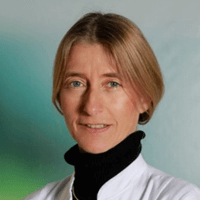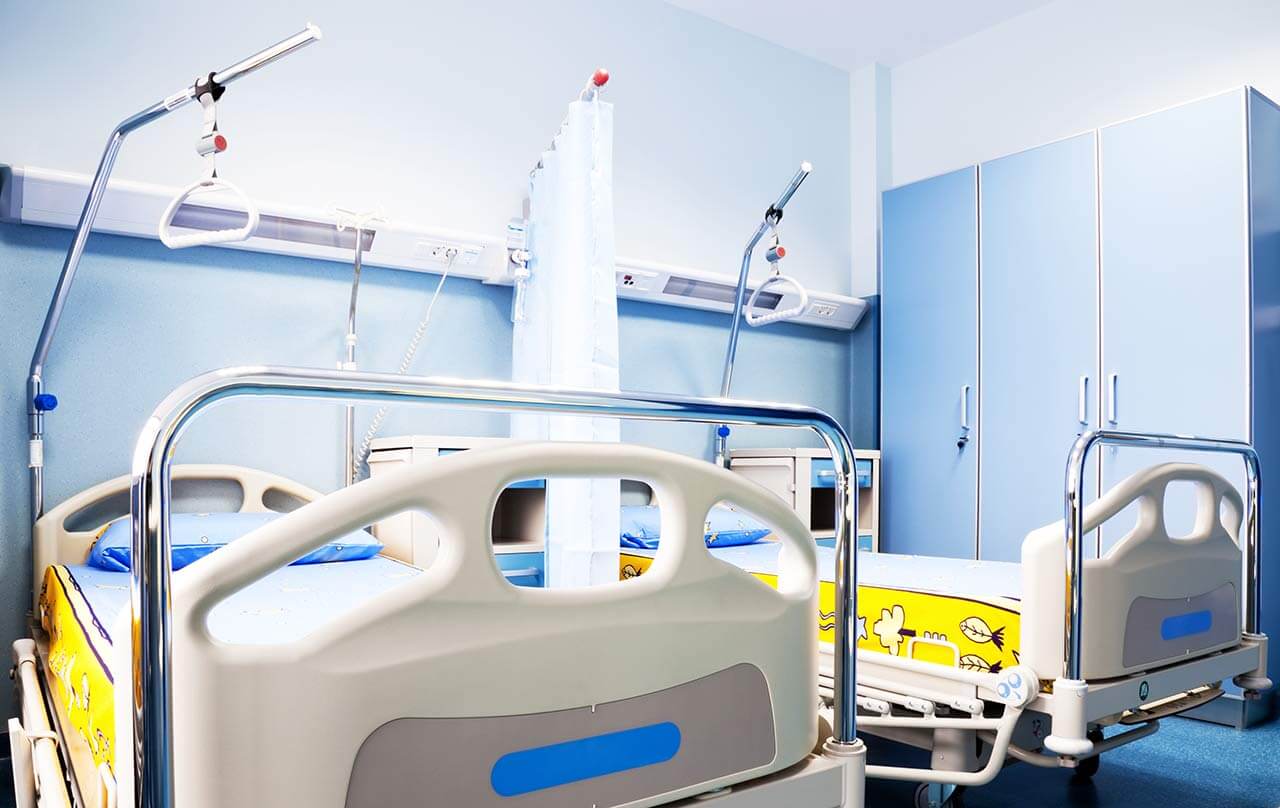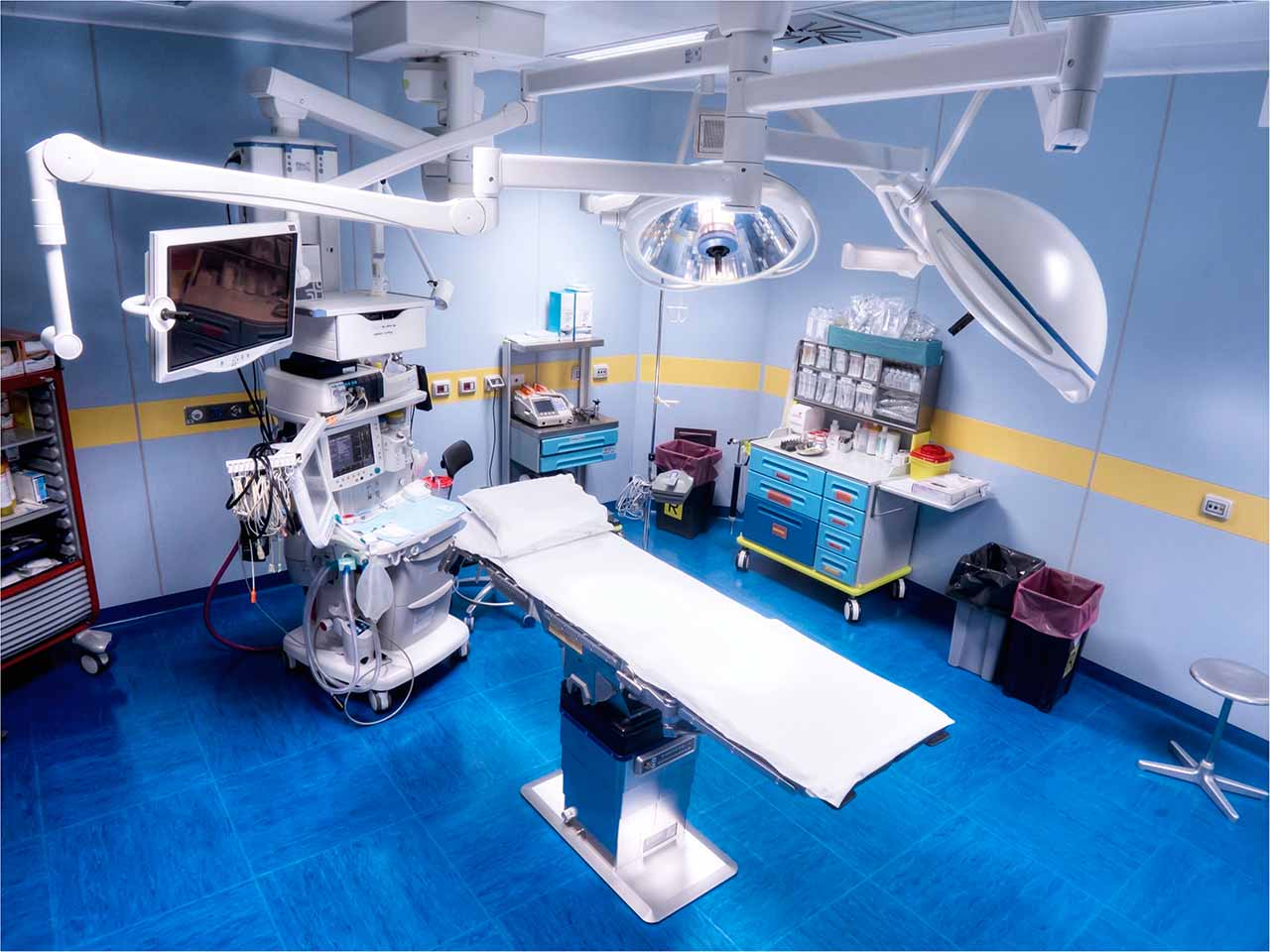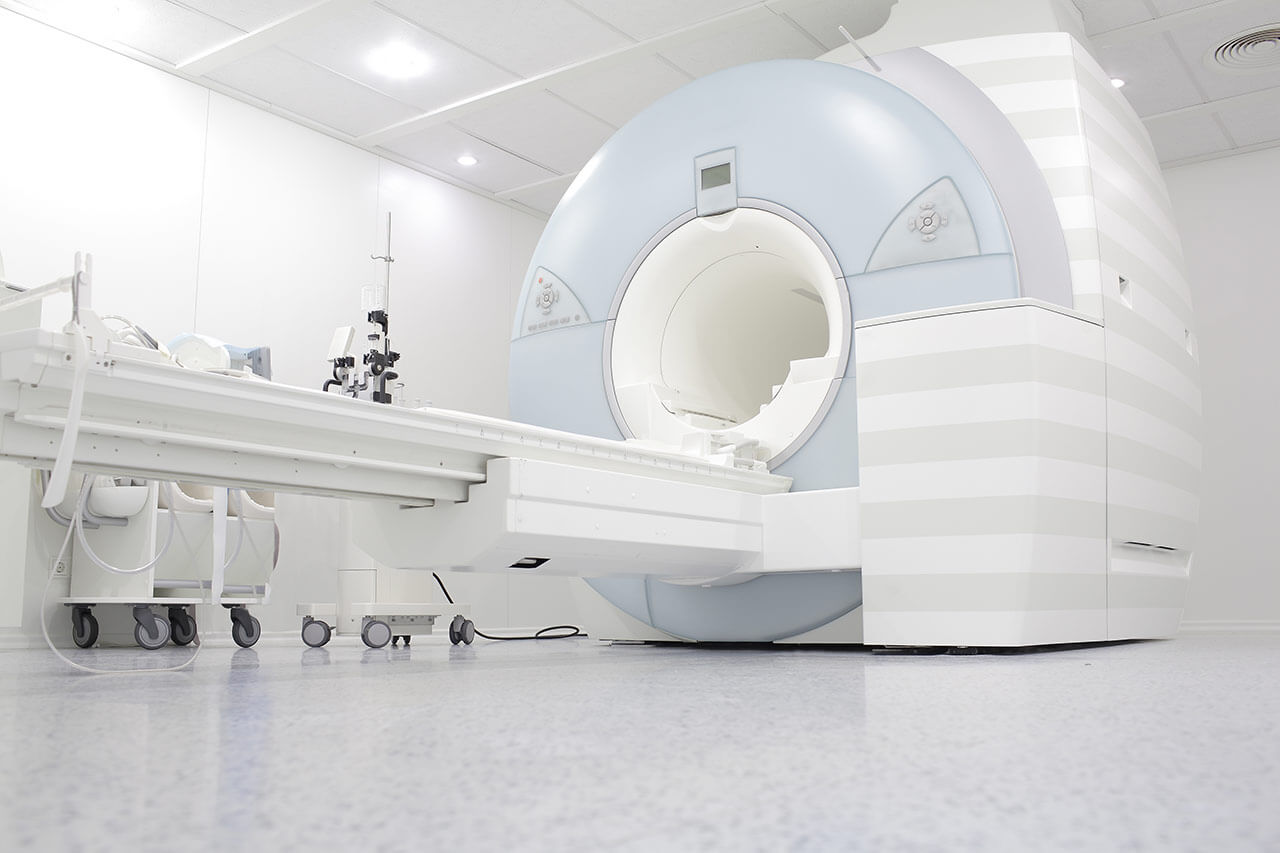
About the Department of Pediatric Neurosurgery at Asklepios Childrens Hospital Sankt Augustin
The Department of Pediatric Neurosurgery at the Asklepios Children's Hospital Sankt Augustin offers the full range of services in the field of surgical treatment of diseases of the brain and spinal cord, as well as their meninges and peripheral nerves. The department's doctors have the highest competence and vast experience in their area of specialization, so young patients and their parents can be sure of the maximum effectiveness of treatment. An important role in clinical practice is played by the repair of congenital deformities of the skull and spine, treatment of hydrocephalus and brain tumors, including brain metastases. Young patients undergo treatment in state-of-the-art operating rooms, with the use of advanced neurosurgical equipment. Prior to any surgical intervention, the department's doctors fully examine the child and individually select the optimal type of surgery. The Head Physician of the department is Prof. Dr. med. Martina Messing-Jünger.
The department's neurosurgeons have a perfect command of all modern techniques for the treatment of malformations of the skull, brain, spine and spinal cord. Not single malformations but a combination of several pathologies are quite common in children. Nevertheless, the department's specialists successfully deal with such clinical cases. Doctors have special competence in the treatment of brain malformations in children: anencephaly, hydrocephalus, arachnoid cysts, encephalocele, holoprosencephaly, schizencephaly, Arnold-Chiari malformations and others. With appropriate clinical indications, pediatric neurosurgeons of the medical facility perform surgery to repair brain defects using low traumatic endoscopic techniques.
Another important focus of the department's work is the treatment of brain tumors. In most cases, tumors in childhood and adolescence are treated with surgical techniques. The exception is germ cell tumors, which have a good chance of being cured without surgery. It should be noted that surgery is not always enough to completely defeat a malignant brain tumor, so the child may need a course of chemotherapy and/or radiation therapy. Radiation therapy is generally not recommended for children under 3 years of age because they have not yet completed nerve cell myelination – this process is responsible for the rapid transmission of information necessary for the implementation of cognitive, behavioral and emotional functions. Radiation therapy may cause irreversible neurological deficits in young children. Chemotherapy is usually highly effective in the treatment of medulloblastoma and other brain cancers. In some clinical cases, the department's doctors also prescribe innovative antibody therapy.
An integral part of the department's clinical practice is hydrocephalus treatment. Pathology is characterized by the accumulation of cerebrospinal fluid in the ventricles of the brain. If untreated, the disease can lead to serious pathological changes or even death of the child. In rare cases, hydrocephalus treatment involves the use of drug therapy, but the best results can be achieved with surgery. Surgical treatment consists in the implantation of a ventriculoperitoneal shunt. The department's specialists often manage to perform the operation using endoscopic techniques, without craniotomy.
The department's range of medical services includes:
- Diagnostics and treatment of malformations of the skull, brain, spine and spinal cord
- Skull malformations (craniosynostosis)
- Scaphocephaly
- Plagiocephaly
- Brachycephaly
- Trigonocephaly
- Oxycephaly
- Cloverleaf skull deformity
- Brain malformations
- Anencephaly
- Malformations due to hydrocephalus (for example, Dandy-Walker syndrome)
- Arachnoid cysts
- Encephalocele
- Holoprosencephaly
- Schizencephaly
- Arnold-Chiari malformation
- Spine and spinal cord malformations
- Wedge-shaped vertebrae
- Vertebral fusion (for example, Klippel-Feil syndrome)
- Open spina bifida (spina bifida aperta)
- Hidden spina bifida (spina bifida occulta)
- Myelomeningocele (anterior and posterior)
- Diastematomyelia
- Lipomeningocele
- Dermal sinus
- Epidermoid tumors
- Caudal regression syndrome
- Craniocervical junction abnormalities
- Skull malformations (craniosynostosis)
- Diagnostics and treatment of brain tumors
- Medulloblastomas and primitive neuroectodermal CNS tumors
- Pilocytic astrocytoma
- Brain stem tumors
- Ependymomas
- Malignant astrocytomas and glioblastomas
- Meningiomas
- Dysontogenetic tumors
- Craniopharyngiomas
- Germ cell tumors
- Brain metastases
- Diagnostics and treatment of various forms of hydrocephalus
- Congenital and acquired forms of communicating hydrocephalus
- Posthemorrhagic hydrocephalus in premature babies
- Benign extra-axial hydrocephalus in young children
- Idiopathic normal pressure hydrocephalus
- Other medical services
Curriculum vitae
Higher Education and Professional Career
- 1987 Study of Human Medicine at the Faculty of Medicine at the University of Duesseldorf.
- 1987 - 1994 Postdoctoral neurosurgical training at the University Hospital Duesseldorf.
- Since 1994 Specialization in Pediatric Neurosurgery and establishment of the Section of Pediatric Neurosurgery at the University Hospital Duesseldorf; Medical Consultant in General Neurosurgery, (main focuses: microsurgery, neurovascular surgery, neuroendoscopy).
- Since 2007 Head of Department of Pediatric Neurosurgery at the Asklepios Children's Hospital Sankt Augustin (teaching base of the Semmelweis University, Campus Hamburg) and Director of the Surgical Center (ZeKON).
- 1988 - 1995 Coordinator of the Regional Research Project on Lumbar Disc Herniation.
- 2000 - 2006 Leader of the Research and Working Group on Clinical and Scientific Fields of Pediatric Neurosurgery, Hydrocephalus and Pathologies of CSF Spaces (major scientific interests: spina bifida, the use of gravitational valves and neuroendoscopy).
- Since 2007 Scientific projects on craniosynostosis, hydrocephalus, latent and open spina bifida, craniovertebral junction anomalies.
Clinical Interests
- Surgical treatment of aneurysms and vascular malformations of the brain.
- Surgical treatment of brain tumors and brain metastases.
- Surgical treatment of peripheral nerve diseases.
- Surgical treatment of spinal tumors (epidural, intradural).
- Surgical treatment of hydrocephalus.
Memberships in Professional Societies
- Executive Board Member of the German Society of Neurosurgery (DGNC).
- German Academy of Neurosurgery (GANS).
- German Professional Association of Neurosurgeons (BDNC).
- 2016 - 2018 President, European Society for Pediatric Neurosurgery (ESPN).
- International Society for Pediatric Neurosurgery (ISPN).
- Until 2013 Examination Committee Member of the European Association of Neurosurgical Societies (EANS).
- Scientific Board of the Association of Spina Bifida and Hydrocephalus (ASBH).
- Scientific Board of the German Society for Syringomyelia and Chiari Malformation (DSCM).
- German Pediatric Neurosurgery Course (Section of Pediatric Neurosurgery of the German Society of Neurosurgery).
Photo of the doctor: (c) Asklepios Klinik Sankt Augustin GmbH




